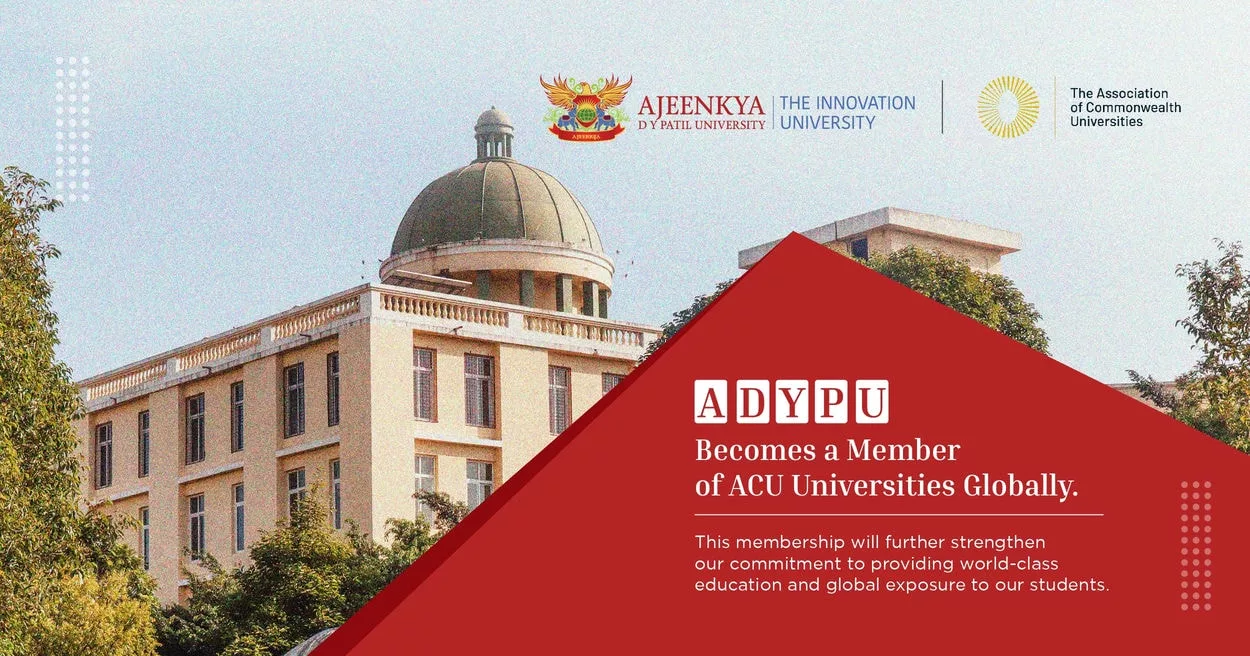‘’The world has become a global village’’ is a quote we often hear people use to indicate the growing interconnectivity between nations. Trade and commerce have flourished, enabling companies to venture successfully into unchartered territories. Therefore, it is only fitting that students are well-informed about the various tenets of globalization and how it impacts the socioeconomic and cultural factors.
No wonder there has been an increased migration of Indian students to foreign countries; their aim is to get an effective education and global exposure. On the other hand, the best university in India for engineering witnesses a similar situation, wherein eager students from across the country come to have an enriching learning experience. Besides, they are able to participate in opportunities that provide international exposure and cultural diversity.
Importance of International Exposure and Cultural Diversity
According to NASSCOM( National Association of Software and Service Companies), India’s share of the global engineering and research and development (ER&D) market will grow at a compounded annual growth rate (CAGR) of 12-13 per cent to reach USD 63 billion by 2025. Furthermore, the estimate indicates the government and corporate companies’ efforts towards focusing on research and development initiatives.
Such successive steps towards engineering would have been impossible if companies did not strive to have a global outlook. In fact, they continue to focus on the areas of artificial intelligence, cloud computing, green technology, etc. In fact, the best university for engineering conducts seminars and workshops with foreign faculties and companies.
Moreover, the availability of international student services helps establish a global campus community and encourages foreign students’ enrollment.
Benefits of International Exposure
Succeeding in attaining in-depth knowledge about industry-relevant topics, mechanisms, and trends is not the only benefit of international exposure. Students get the opportunity to engage with leaders and representatives of top companies and reap additional advantages such as:
– Cultural Immersion and Language Acquisition
When institutes facilitate student exchange programmes or international academic support systems, it attracts students from foreign countries. As a result, students from the home country are able to interact with them, leading to cultural exchange. Moreover, it also encourages students to learn more about each other’s culture and traditions.
For instance, some may want to learn a foreign language to communicate better and learning an extra language has many benefits. Besides, language acquisition is one of the most in-demand skills that sets an individual apart.
– Global Perspectives and Awareness
What are the significant differences between green technology start-ups in India and abroad? Which solar panels are the best in the world? These are the kinds of questions that one can get an answer to while participating in international collaborations. Besides, it will help students think from a broader perspective; they would be able to make a decision after comparing all probable options.
Most importantly, they will become more aware of the various scenarios across different countries and geographical areas.
– Career Opportunities and Professional Growth
When an institute facilitates international exposure through international collaborations, it enables students to get diverse educational opportunities. For instance, ADYPU Nuovos strategic partnerships with a few foreign universities, enabling students to study for a semester or do an internship at their abroad campus.
Furthermore, through various inter-collegiate programs and events, students get a real-world experience with cutting-edge research and industry expertise.
Benefits of Cultural Diversity
– Exposure to Diverse Perspectives and Ideas
A closed mindset is conducive to limited personal development; excellent institutional methodologies try to inculcate collaborative assignments, allowing learners to communicate and learn varied opinions. In fact, that is something students will find in the best university for BTech in India.
For instance, events and student programs allow the enrollment of students from different Indian states and foreign countries. As a result, students are able to learn different perspectives and ideas.
– Building Empathy and Cross-cultural Understanding
Sometimes when we don’t agree with someone, we might go above and beyond to express our point of view and vehemently oppose theirs. However, engaging in cultural exchanges reduces the chances of such confrontations and teaches students tolerance. Moreover, they become empathetic and learn to understand others’ cultures.
Fostering Culture and Innovation
Encouraging students to ask questions, create original ideas and find creative solutions are some of the byproducts of international workshops and events. Apart from engaging in cultural exchanges, learners’ visions about their careers and future prospects change. For example, they are able to come up with ideas reflecting their passion and goals.
The Role of ADYPU in providing international exposure and cultural diversity
‘’Knowledge becomes useless in isolation and if it does not find an entity for valuable exchange’’- a crucial fact that ADYPU acknowledges. Hence, the institute focuses on international collaboration, enabling students to gain maximum global exposure. For instance, the university provides a holistic and comprehensive learning process through its multiple national and international associations and networks.
Simultaneously, joint education programs and research projects stimulate teacher and student mobility, helping students study abroad.
In Conclusion,
An education that thrives in a restricted and exam-oriented approach fails to fulfil its purpose; on the contrary, a wholesome education enhanced by international exposure and cultural diversity provides a comprehensive global outlook. Consequently, students learn to broaden their perspectives and have an increased awareness.
Apply Now


